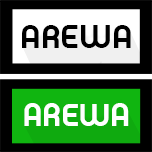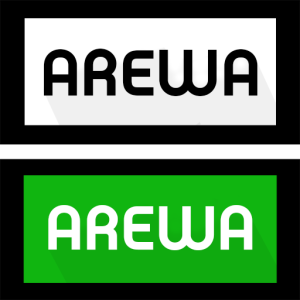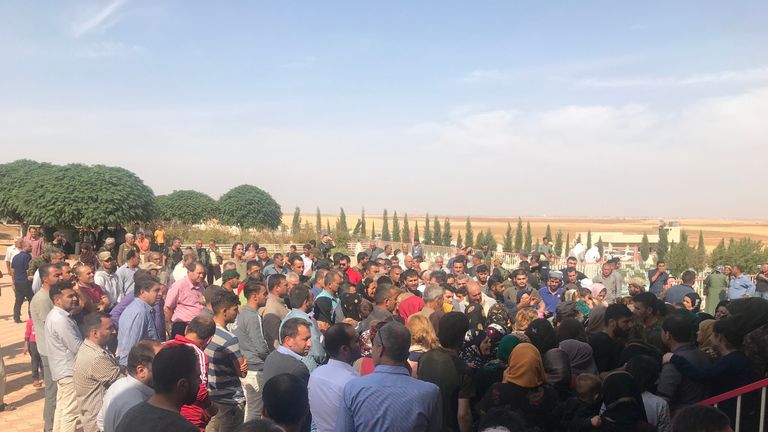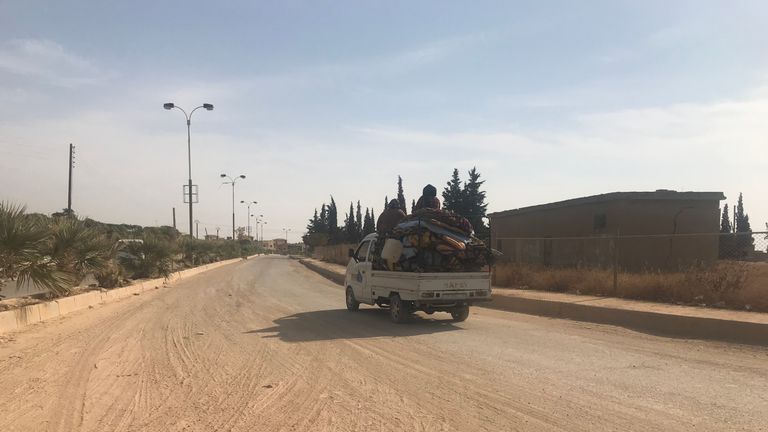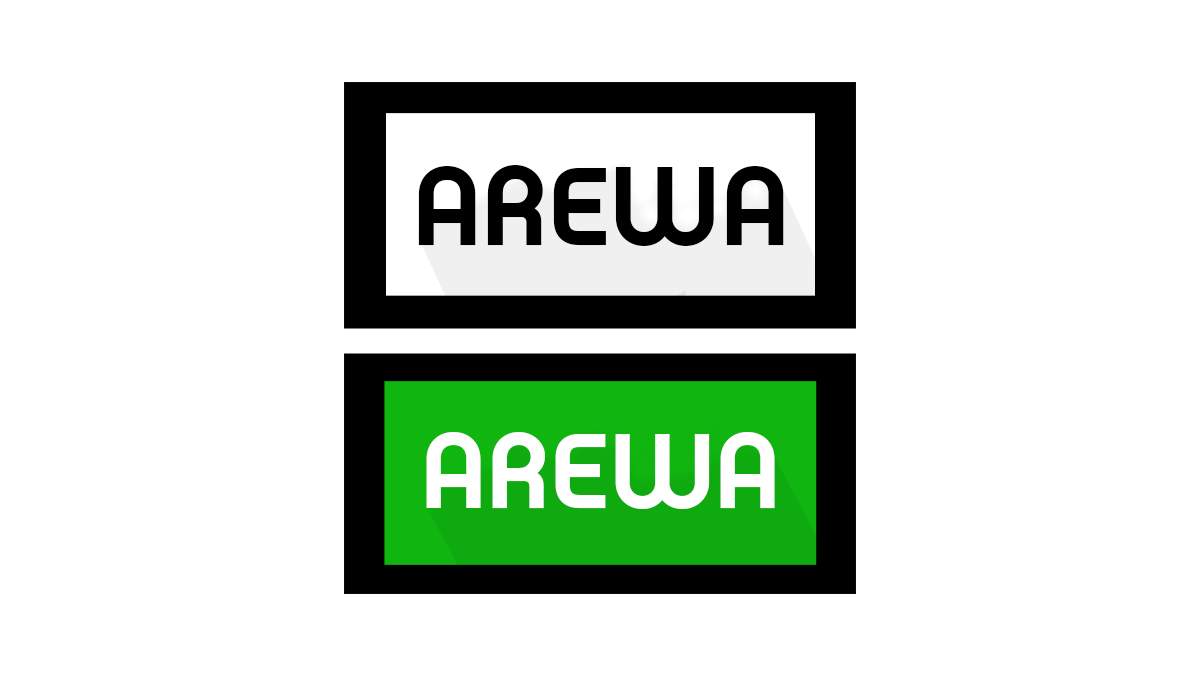“There have been no attacks for a while,” they shout after us. Which didn’t really settle the nerves.
We are heading towards the northern Syrian town of Derbasya. I have been here many times before.
Unless you know there is a border, as you approach this town you would be forgiven for thinking the Kurdish and Turkish sides are one city, they are so close.
It would be an easy mistake to make, today it would also be a lethal one.
I have travelled through this region so many times I can barely remember the number. I have been scared many times.
First by the Syrian regime troops of Bashar al Assad who patrolled and searched for us relentlessly as I moved at night with the Free Syrian Army (FSA).
Later with Kurds trying to avoid the dangers of the then increasingly dangerous but relatively unknown ISIS movement that became Islamic State.
Then there was the time I joined the fight to free the IS headquarters of Raqqa with the Syrian Defence Forces, which was a mix of Kurds, Arabs, Christians and a few others of bewildering denominations.
But, I was never scared of the Turkish military, a NATO country, and never dreamt I would ever be frightened of the FSA, which I have known from the start in 2011, even as they were basically nothing more than a few blokes with guns trying to defend the town of Homs in western Syria.
Now I am scared of both as I drive towards the border.
The FSA and the Turks are attacking the Kurds who were supported by the British, the US and French special forces in the fight against IS.
What on earth is going on in this dreadful war? A question I have constantly failed to answer, even to myself.
Through the last checkpoint we see a huge convoy of cars heading across the bone-dry dusty farmlands of northeast Syria.
It looks like a funeral cortege and I ask our driver to follow.
We head on to dirt tracks to catch up and soon realise it is indeed a funeral for two Kurdish militia fighters.
Overtaking, by driving across the fields, we see the coffins of the men surrounded by fighters hunkered down in trucks with the back doors open.
There were dozens upon dozens of cars and four-wheel drives. A mixture of civilians and fighters. This was a sombre and angry group. There was no waving to us, no “hello”.
Nothing but grim-faced anger.
Tradition dictates the fallen should be laid to rest in their home village, if it is possible.
At the cemetery the bodies of the two men were taken by their families and fighting comrades.
One of the men was Ciwan Celo, a seven-year veteran of the Kurdish militia, the YPG.
He fought IS alongside the US special forces, but died in Derbasya, killed by the NATO ally, Turkey.
As the bodies were laid in front of a stage, the family and their friends cried aloud.
There is pain and anguish as you would expect at any funeral. But there is anger here as well.
All of the people gathered for the funerals feel betrayed by the US. They expected nothing more from Turkey, in truth they have been waiting for it. But being abandoned by the US is the last straw.
As we filmed a small but angry group gathered around us, accusing us of being American traitors. Eventually they accepted we were not but they still wanted us to leave.
I was taken aback. It has never happened to me here before, I never thought it could. But it did.
We left and travelled back to Derbasya a few miles away.
Along the road cars filled with men, women and children and piled high with belongings kept passing, going the other way.
We stopped a soldier and he told us that the town was almost empty.
The bombing had been so severe that almost everyone took what they could and left.
At a roundabout on the edge of the town we stopped cars full of people and asked where they were going.
The men said they were ashamed to leave but insisted they were driving their families to safety and intended to return to fight.
I believe that is exactly what they intend to do – Kurds do not run. After centuries fighting for any land they could call home, they don’t give it up lightly.
We drove into town and it was virtually deserted. Some men and women were loading their trucks with the stock from their shops. Pretty much everyone else had gone.
At the end of the main street I could see an enormous Turkish flag. That is the front line.
A soldier waved to stop us from going further. “Snipers” was the translation. It was eerie and scary and virtually silent.
The attacks from the Turkish guns are doing the job the government wants: to flush out the Kurds from their homes along hundreds of miles of border. Tens of thousands are on the move.
You can call this military action many things but the border is being cleansed of Kurds.
